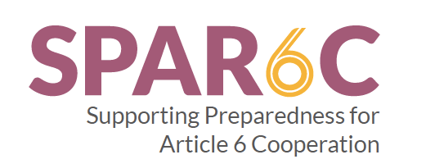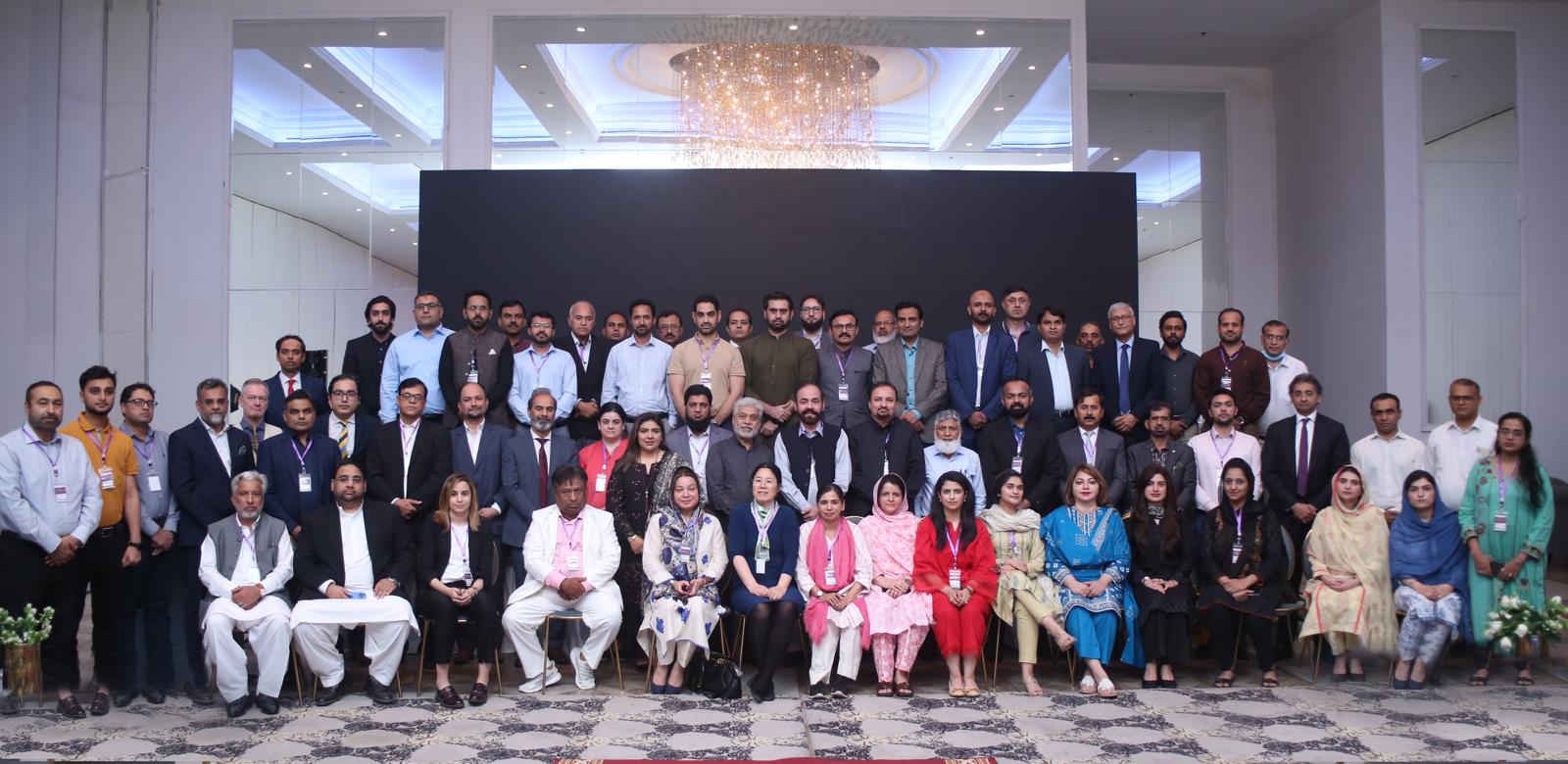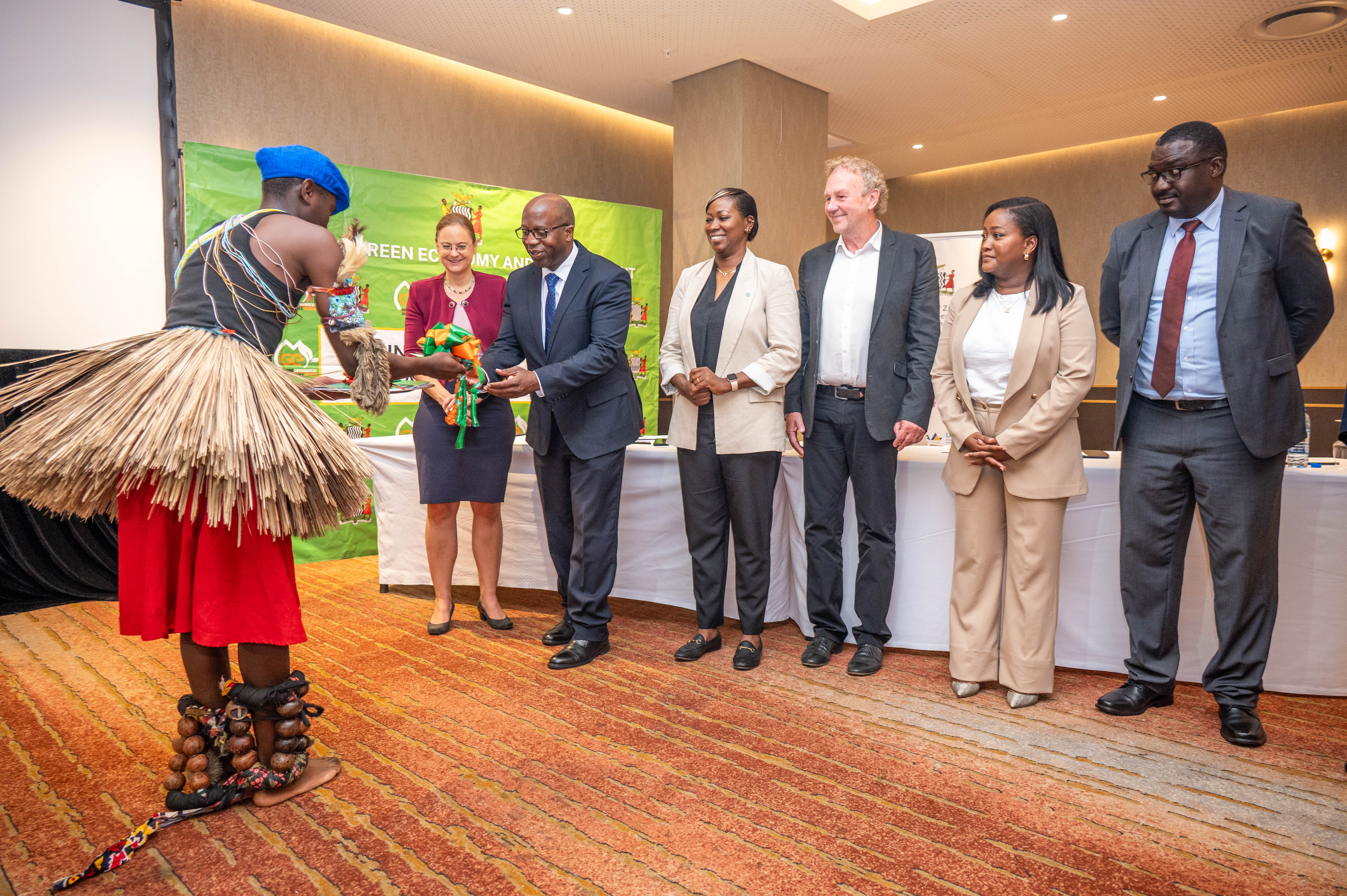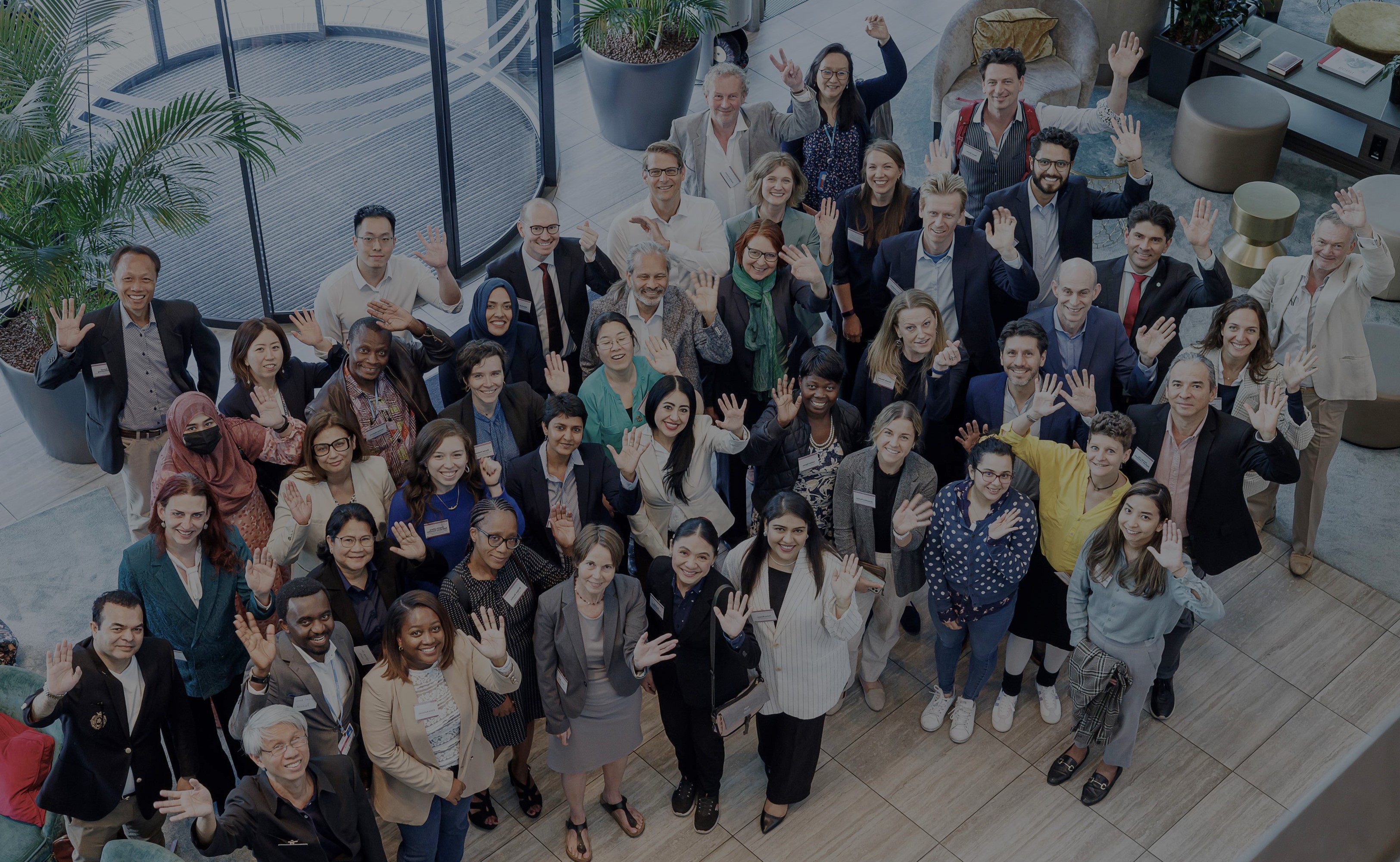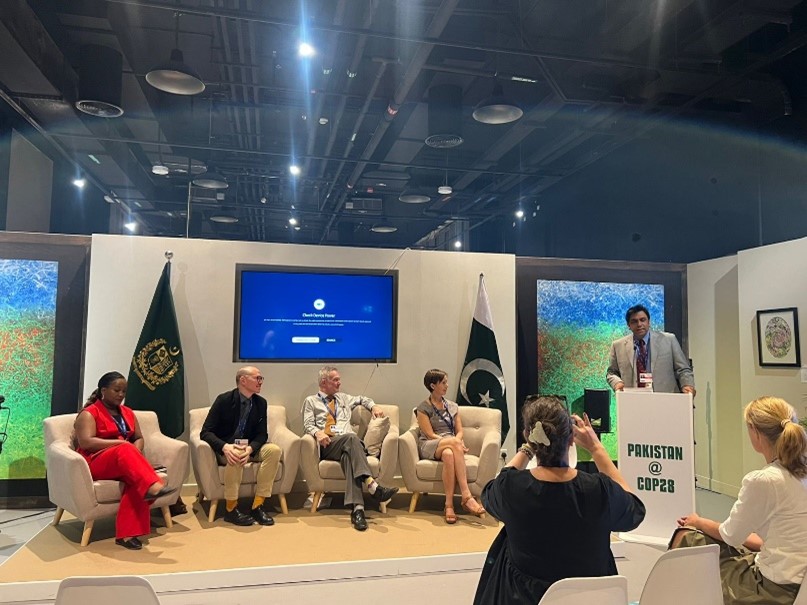Pakistan is advancing carbon finance efforts under the Paris Agreement’s Article 6 through the Supporting Preparedness for Article 6 Cooperation (SPAR6C) programme.
A recent mission and series of bilateral meetings and workshops organized by SPAR6C and led by a multidisciplinary team of experts from the UNEP Copenhagen Climate Centre and GFA Consulting have garnered significant momentum.
The mission, spanning from 16 to 30 April, aimed to strengthen strategic collaborations with provincial authorities and achieve the project activity plans for 2024. The workshops, targeting the cement and waste sectors, served as crucial platforms to drive decarbonization efforts and promote sustainable practices, while exploring avenues for carbon finance aligned with Pakistan’s updated NDC for 2030.
Addressing provincial climate challenges
The SPAR6C Pakistan mission marked another milestone in the ongoing efforts to bolster Pakistan’s preparedness for engaging in Article 6 transactions and leveraging carbon markets for sustainable development.
During the mission, the international experts met national and provincial government agencies, waste and cement companies, and financial institutions to discuss their needs for SPAR6C support in carbon market policy making, Article 6 activity development, and capacity building.
The meetings led to significant progress in engaging with provincial authorities to understand and address the unique climate challenges faced by each province. Collaborative discussions culminated in detailed support requests and a long list of potential Article 6 project opportunities.
Exploring innovative Article 6 solutions
Furthermore, SPAR6C organized three workshops together with the Ministry of Climate Change and the Provincial Planning and Development Departments in Lahore and Karachi to address decarbonization strategies in the cement industry and sustainable waste management practices, respectively.
These workshops convened industry leaders, policymakers, and financial professionals to explore innovative solutions and foster collaboration towards achieving climate targets using carbon markets under Article 6 of the Paris Agreement. Discussions at the workshops delved into topics such as the adoption of new technologies, sustainable manufacturing practices, and the role of carbon finance in supporting green initiatives.
In Lahore and Karachi, participants engaged in detailed analyses of data acquisition needs, explored new standards for green cement, and discussed potential projects for emission reductions in the waste sector. These workshops served as invaluable platforms for knowledge exchange, capacity-building, and fostering partnerships between public and private stakeholders.
